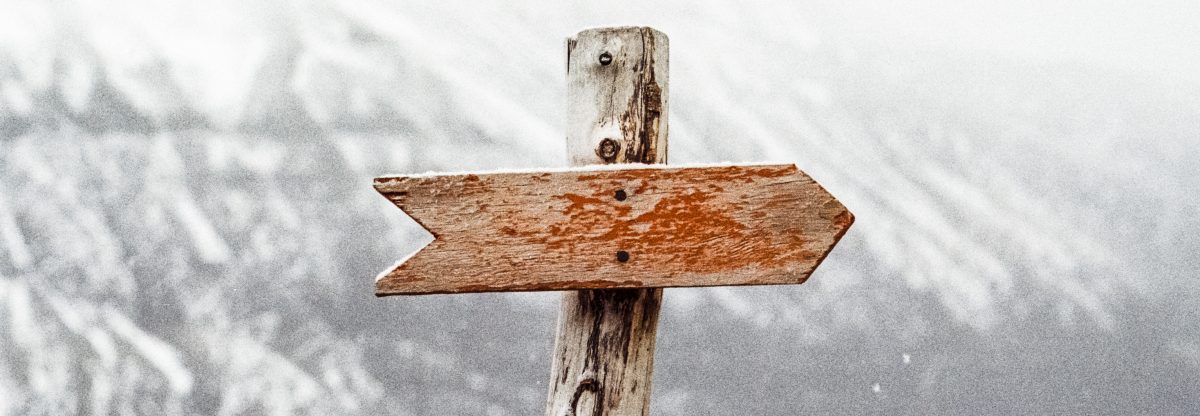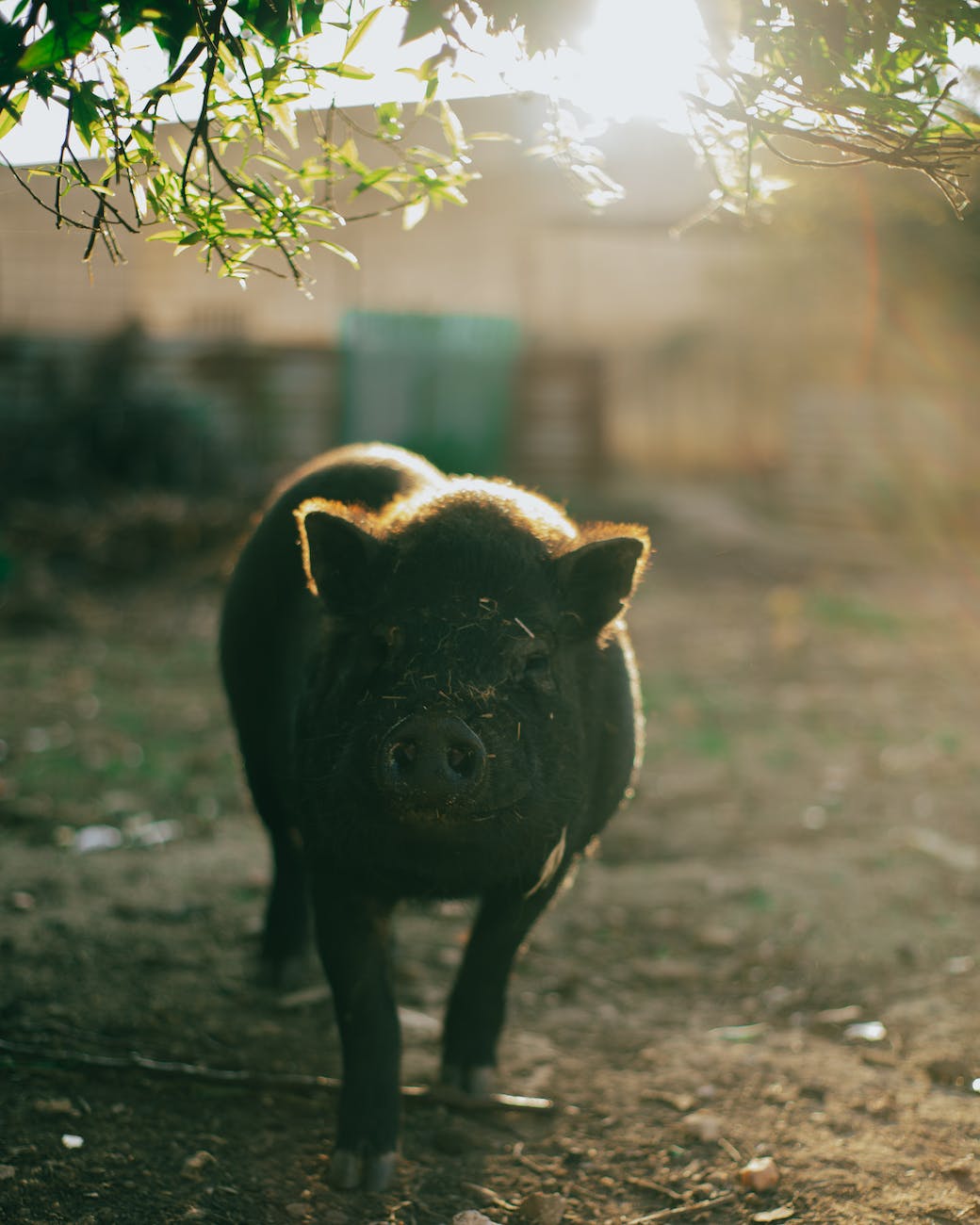I preached this sermon on Sunday, October 1, 2023 at Saint Anne Episcopal Church, West Chester, OH. The lectionary text cited is Matthew 21:23-32.
Later this afternoon we are going to do a blessing of the animals in honor of the upcoming feast of St. Francis and as an unofficial conclusion to the Church’s Season of Creation. So, in honor of all God’s beloved creatures, here’s a story for you:
When I was in 3rd grade, my mom decided that we should get a potbellied pig as a pet. Now, most of you haven’t yet met my mom, but when you do, you will discover that she is a person full of surprising ideas and unexpected inspirations. Never a dull moment with her.
And I don’t recall exactly how or why she decided we should get a potbellied pig, and in retrospect, I think it was probably something we should have thought through a bit more. First of all, we didn’t live out in the country, but in a house right downtown, and this pig would have to cohabitate with several Siamese cats who were, shall we say, selective about who or what they would tolerate. Second of all, we had never had a pig, and if you hadn’t already guessed, pigs are a little different than house cats.
But nevertheless, the day arrived and we brought home a tiny little black pig and set up a bed for him in the mudroom. We named him Boris. Boris was truly the cutest thing you ever saw. He was also one of the naughtiest creatures that God ever made. Stubborn, unruly, and loud, Boris took over the house and horrified the cats and was completely and utterly pleased with himself.
Boris would not do anything you wanted him to do. We would put him on a little leash and try to take him for a walk. He refused to budge, and he would squeal as though you were trying to kill him.
But if you left the back door open for a split second, he would run out as fast as he could into the nearby parking lot and begin gobbling up wads of dried gum. If you tried to stop him, he would squeal as though you were trying to kill him.
In the evenings, it was my job to feed him his dinner of bran cereal and mashed bananas. I had to try to do it as silently as humanly possible, though, because the moment he heard that cereal hit the bowl, he would squeal, as though you were trying to kill him, until dinner was served and he was finally placated.
It became clear to us, after a very brief time, that that the idea of a pig was something far different from the reality of caring for THIS pig. It was not for the faint of heart. He would not be contained, nor tamed, nor would he adapt to the settled rhythms of our life. He was simply Boris. And that was that.
But as maddening as he was, Boris was also delightful, because you always knew where you stood with him. He was unapologetically himself. There was no artifice, no secret agendas. Would that more of us were as authentic and transparent about our needs as he was.
And so while we will offer that blessing of the animals later this afternoon the truth is that, quite often, animals bless us because they show us what it looks like to live with complete integrity of being. No masks, no posturing, just unaffected authenticity. What you see is what you get, wads of gum and squealing and all.
And there is something of Jesus reflected in that. Something of what it means to know who God really is.
When the chief priests and the elders challenge Jesus in today’s Gospel passage, asking him by whose authority he is doing what he does and teaching what he teaches, they are, of course, not asking out of genuine curiosity. They are not interested in who he truly is; they just want to trip him up and get him to say something that they can use against him. But Jesus knows what they are up to, and he beats them at their own game, entrapping them in their own questions with a bit of cleverness.
But the most important thing that we need to know about Jesus and take away from this exchange is not just that he is clever or quick—it is that he is authentic. The underlying truth, the thing his questioners miss, is the inconceivably good news that he is authentically who he says he is. Our whole faith hinges on this, in fact. Because at the end of the day, the true source of Jesus’ authority is his authenticity. His authenticity as the true Son of God, as the Incarnate Word, as the love of God revealed in the flesh. It is his authenticity that is so powerful: it is the fact that he is not here to play games, or to posture, or to only tell us what we want to hear. It is his authenticity that allows us to say, yes, Jesus, I trust you, yes, I will call you Lord, yes, I will follow you anywhere because I see, I know, I feel in my bones that you are the real deal.
And to give our lives over to the authenticity of God, to let it shape us into our own most authentic selves—well, there is no greater adventure that we can make in this life. Though I guarantee you, it’s not for the faint of heart.
Because while the authentic God is not exactly like a potbellied pig, there are some parallels. When we say yes to all of God, not just our idea of God, when we say yes to following Jesus, not just the idea of Jesus, we might get more than we bargained for, and it may not fit into the settled rhythms of our life.
Indeed, we might assume somehow that, in our life of faith, we are going to adopt Jesus and take him home with us and set up a little comfy space for him in the back room, but the fact of the matter is that God is always going to demand freedom, and attention, and God is going to slip out the door and make you chase after, and God is going to keep making a lot of noise lest you forget that there are hungry bellies out there, and God will absolutely not be walked on a leash.
But in all of the madness and all of the unpredictability of this life with God, the beauty, the gift is this: God will always be themself. You will always know where you stand with God. You will always know that you are loved. And we will come to discover that our own deep authenticity, messy as it might be, is where the power and promises of God will find us and save us and carry us onward. Even if there’s a little bit of squealing along the way.
Eventually we had to give Boris away; a woman that we knew fell in love with him and took him to live out at her place in the country. The last story I heard about him, which I really hope is true, was that he escaped from her yard one day and that, after a while, a neighbor spotted him along the road, running back towards the house as fast as his little legs could carry him, with an orange in his mouth.
I don’t know where he had been and I don’t know the end of the story, exactly, but as funny as it might sound, I think that’s one of the best images of authentic discipleship that I can conjure up: running forward in sheer delight, unapologetically yourself, brave and free, sustained by the taste of something sweet, heading towards home.
So thanks for being authentically you, Boris. It was fun chasing after you for a little while.
And more importantly, thanks for being authentically you, Jesus. We’ll keep chasing after you forever.


